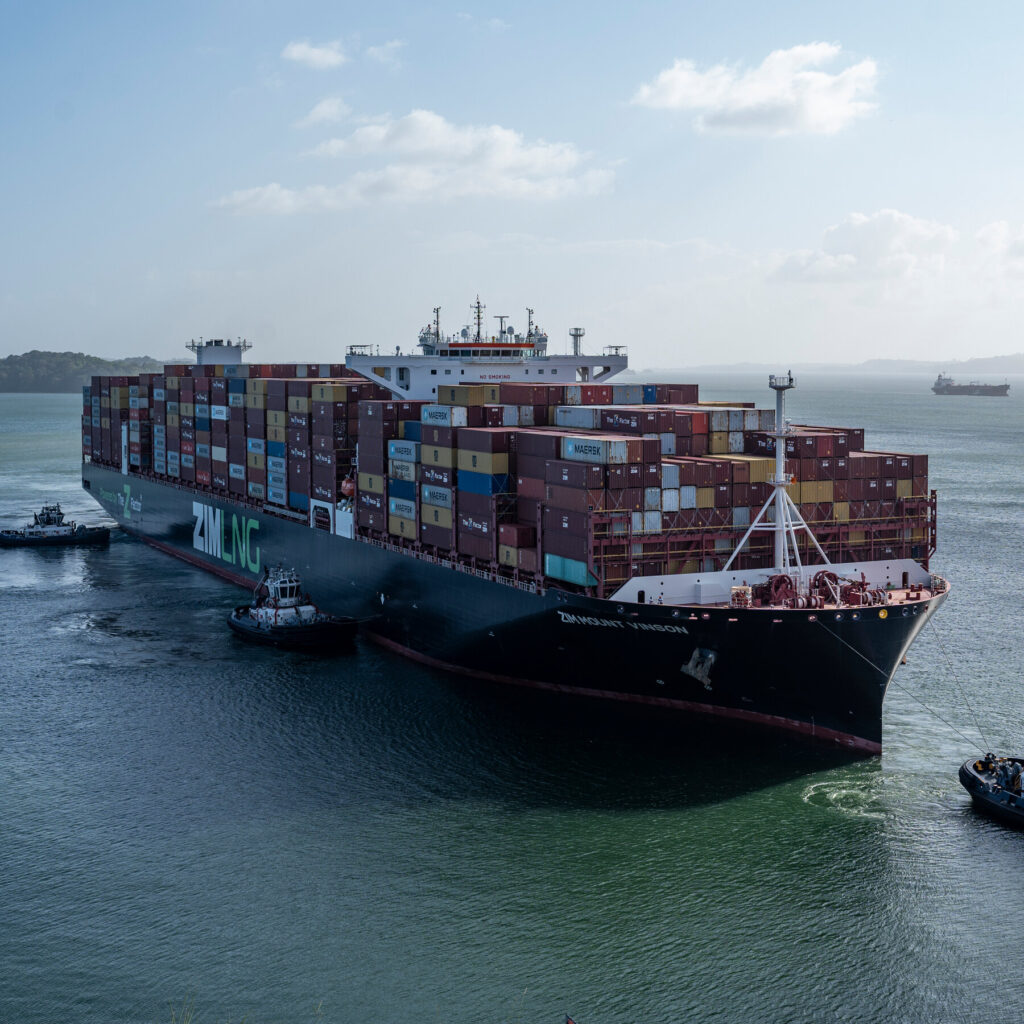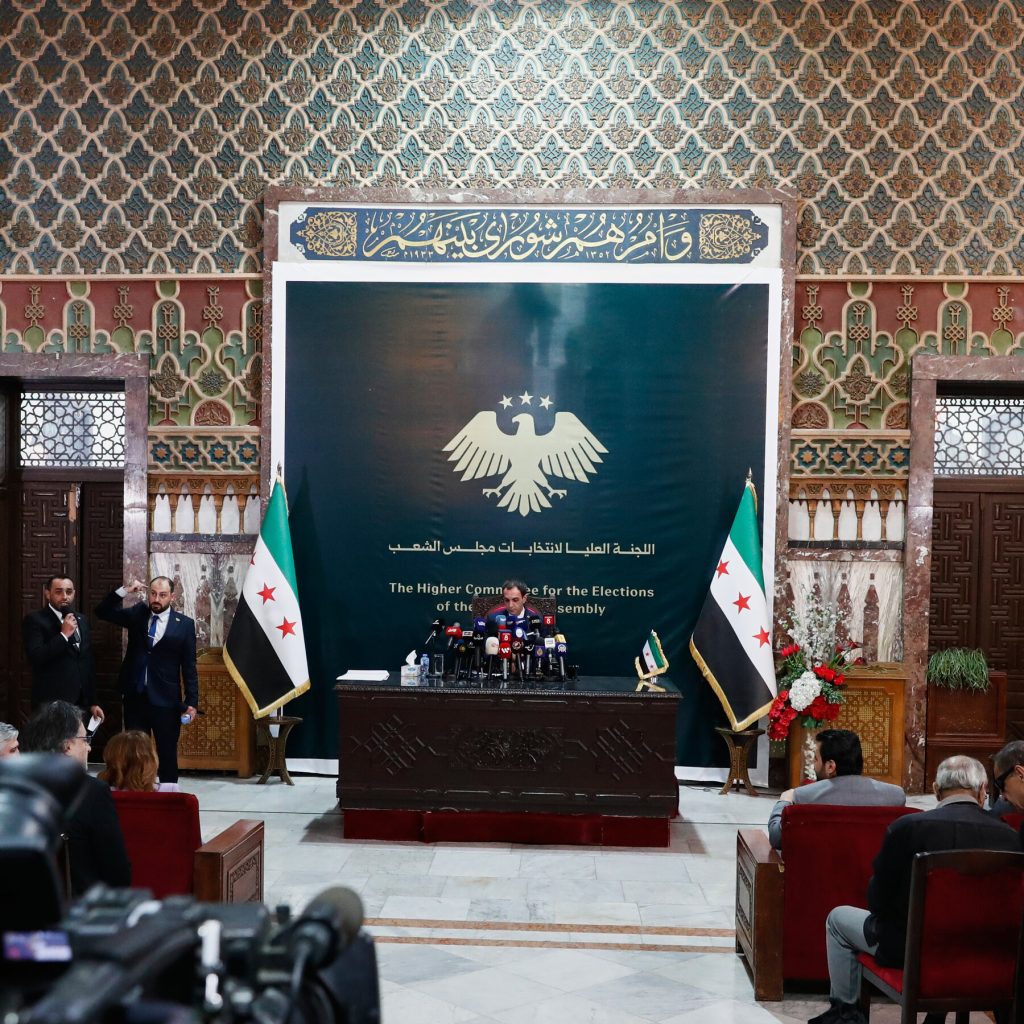Trump Officials Accused of Bullying Tactics to Kill a Climate Measure

In a startling display of diplomatic pressure, officials from the Trump administration have been accused of using intimidation tactics to derail a historic climate initiative that would have imposed the first ever fee on pollution from commercial ships. The proposal, backed by a coalition of nations, was set to become a landmark step toward curbing the greenhouse‑gas emissions generated by the global shipping industry—a sector responsible for roughly 3 percent of worldwide carbon output.
According to multiple sources, the backlash began when senior U.S. officials, including Secretary of State Marco Rubio, allegedly placed a series of threatening phone calls to diplomats in several countries. The calls reportedly warned of financial penalties, trade repercussions, and other punitive measures if those governments continued to support the ship‑pollution fee.
Proponents of the measure argued that a modest levy on vessels’ emissions would create a powerful incentive for ship owners to adopt cleaner fuels and technologies, helping the world stay on track with the Paris Agreement’s climate‑warming limits. Critics of the U.S. response say the threats represent a broader pattern of the Trump administration’s skepticism toward climate action and its willingness to undermine multilateral agreements that conflict with its domestic policy agenda.
Environmental NGOs and foreign diplomats have condemned the alleged bullying as an assault on international cooperation, warning that such tactics could stall progress on other crucial climate initiatives. The episode has reignited debate over the United States’ role in global climate governance and raised questions about how future negotiations will be conducted when major powers resort to coercive diplomacy.
As the planet faces accelerating climate risks, the controversy underscores the fragile nature of consensus‑building on environmental issues and the high stakes involved when political leaders choose confrontation over collaboration.







